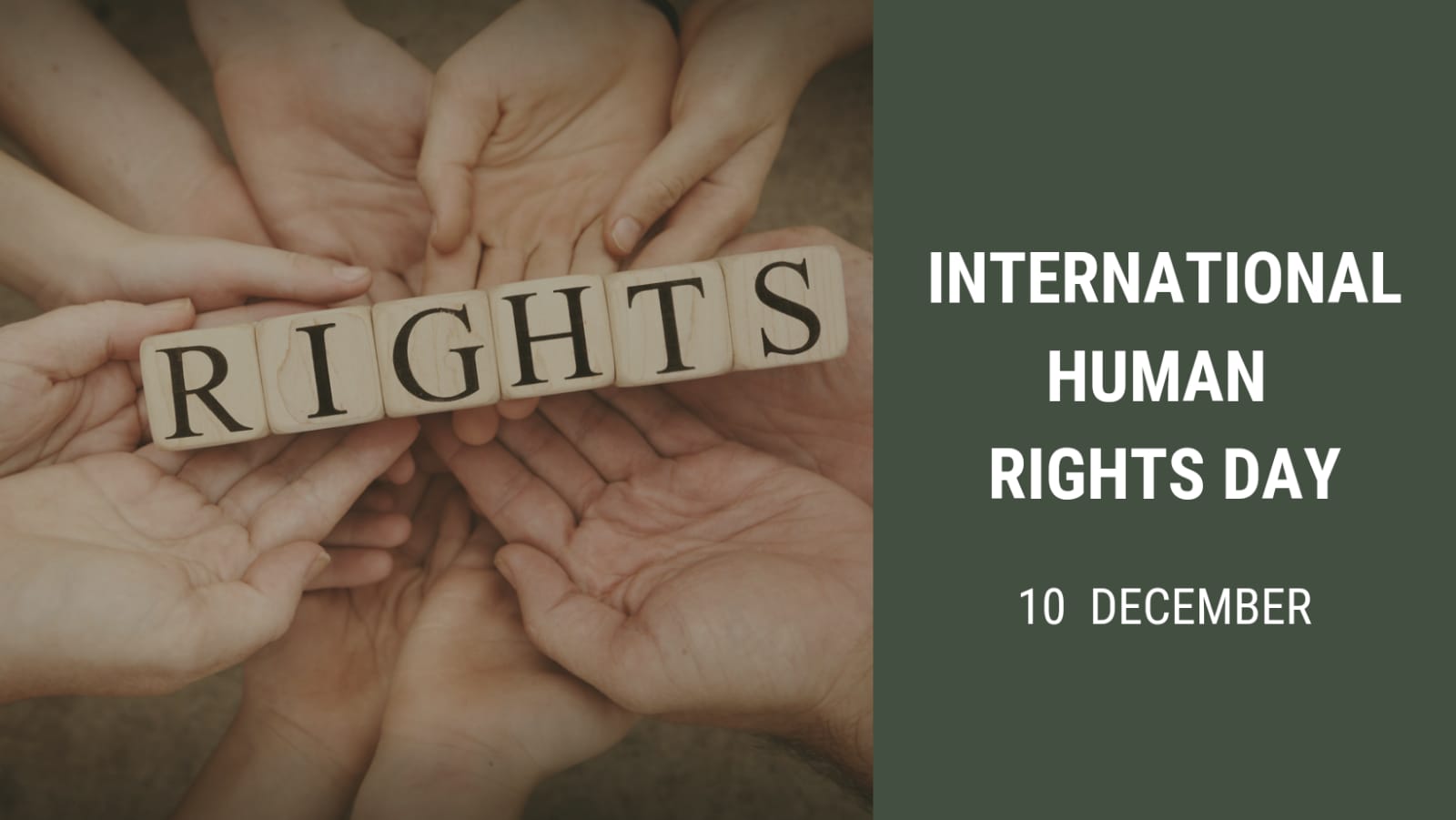Human rights are at the front line during the fight against Covid
Human Rights Day observed on 10 December each year. The day acknowledges and protects the fundamental rights of all people.
The Universal Declaration of Human Rights (UDHR), the first legal document to universally protect the fundamental human rights adopted in 1948.
To alleviate the spread of Covid-19, government around the world have introduced emergency measures that has constrained the individual rights by imposing limitation on freedom of movement through home confinement , cancelling of public gathering, closing of schools, work places, banning travel, deployment of large scale of electronic surveillances has proven inevitable linkage between human rights and health.
During the pandemic, restrictions on individual freedom were necessary to ensure public health. The principles of Human Rights should guide government responses to Covid-19, these guidelines can strengthen the public health response to Covid-19 it provides a universal framework for advancing global health with justice.
During the pandemic, the human rights lens focuses on the most marginalized and vulnerable people among us who have faced the deep social and economic inequality due to the inadequate health and social protection system. Human rights play a key role in shaping the pandemic response by ensuring healthcare for everyone in the society.
The world is facing an unprecedented crisis; governments must priorities protecting the most vulnerable people in society build trust through transparent policymaking and ensure equal, available, accessible good quality health response.
The pandemic has created fear and instability and raised human rights concerns such as discrimination against a section or group of people, mistreatment of migrants and refugees, sexual and gender based violence, escalating rates of violence at home particularly towards women, increase in suicide cases due to mental stress.
The virus does not discriminate but discriminatory practices can create a vicious cycle in which if the virus persists in one community it remains a threat to all the communities.
Inequality in access to health system fuels its spread, which in turn disproportionately impacted particular individuals and groups both in loss of lives and livelihoods. Globally, around 1.2 million people have died at the same time, about 150 million people have been pushed to extreme poverty.
The adverse effect of pandemic has highlighted the importance of using human rights approach in implementing public health responses.





The Brief. Sign up to receive the top stories you need to know right now.